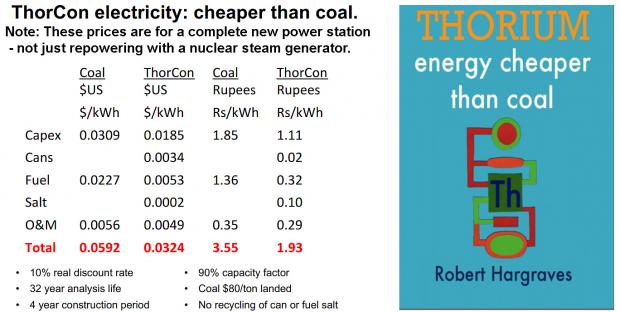
Breaking News
 Dave Smith on Being Yelled at by the Internet for a Living
Dave Smith on Being Yelled at by the Internet for a Living
 Obama's Trojan Horse: How His Refugee Machine Engineered The Billion-Dollar Looting...
Obama's Trojan Horse: How His Refugee Machine Engineered The Billion-Dollar Looting...
 Land of Confusion: The Great Reset in Motion
Land of Confusion: The Great Reset in Motion
 Personalized Vitamin D Levels Cut Repeat Heart Attack Risk by Half
Personalized Vitamin D Levels Cut Repeat Heart Attack Risk by Half
Top Tech News
 Laser weapons go mobile on US Army small vehicles
Laser weapons go mobile on US Army small vehicles
 EngineAI T800: Born to Disrupt! #EngineAI #robotics #newtechnology #newproduct
EngineAI T800: Born to Disrupt! #EngineAI #robotics #newtechnology #newproduct
 This Silicon Anode Breakthrough Could Mark A Turning Point For EV Batteries [Update]
This Silicon Anode Breakthrough Could Mark A Turning Point For EV Batteries [Update]
 Travel gadget promises to dry and iron your clothes – totally hands-free
Travel gadget promises to dry and iron your clothes – totally hands-free
 Perfect Aircrete, Kitchen Ingredients.
Perfect Aircrete, Kitchen Ingredients.
 Futuristic pixel-raising display lets you feel what's onscreen
Futuristic pixel-raising display lets you feel what's onscreen
 Cutting-Edge Facility Generates Pure Water and Hydrogen Fuel from Seawater for Mere Pennies
Cutting-Edge Facility Generates Pure Water and Hydrogen Fuel from Seawater for Mere Pennies
 This tiny dev board is packed with features for ambitious makers
This tiny dev board is packed with features for ambitious makers
 Scientists Discover Gel to Regrow Tooth Enamel
Scientists Discover Gel to Regrow Tooth Enamel
 Vitamin C and Dandelion Root Killing Cancer Cells -- as Former CDC Director Calls for COVID-19...
Vitamin C and Dandelion Root Killing Cancer Cells -- as Former CDC Director Calls for COVID-19...
Indonesia and ThorCon continue working towards thorium reactor

In 2015, three state-owned companies in Indonesia signed a memorandum of understanding with a U.S.-based firm called Martingale. They agreed to conduct a feasibility study on how Martingale's design for a thorium salt reactor it calls ThorCon could be brought to the Southeast Asian nation.
Effendi was asked to join the energy working group of the National Economic and Industry Committee, or KEIN. The committee reports to the president and helps formulate a long-term strategy for economic growth. Effendi says the committee was asked by the energy ministry to develop a nuclear roadmap that focuses on economic feasibility and takes into account new technologies. A roadmap does not mean a concrete plan is in place.
ThorCon is a liquid-fuel fission power plant, under development in the US, to be built in a far-east shipyard, then floated to Indonesia, with testing starting in 2021. It generates emission-free electric power, cheaper even than from a coal-fired plant. Its full-time electric power will improve developing nations' economies and lifestyles, while also dissuading them from burning fossil fuels which emit CO2.



